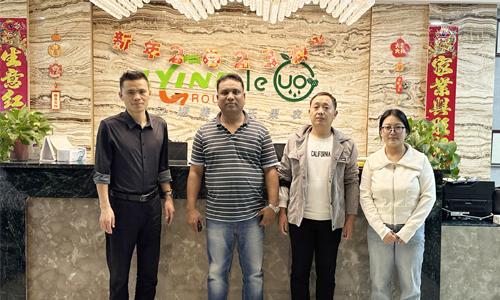As a necessity for our daily life, food lacks elasticity of supply and demand. In the short term, the supply of agricultural products is mainly constrained by natural conditions such as the scale of agricultural land, climate change, and production cycle. However, research shows that the current exponential growth of the population has greatly exceeded the rate of increase in food supply. How to break the bottleneck of slow food supply is a question worthy of our consideration.
In order to meet the increasing food demand of people, agricultural technicians have made many attempts, among which soilless cultivation is favored.Why is soilless planting advocated now? Because traditional soil planting not only increases soil and water pollution but also has a long growth cycle and low yield.Soilless cultivation that does not rely on soil can overcome some of the drawbacks of traditional soil planting.Here we will talk about one kind of soilless cultivation: Aeroponic technology.Aeroponic technology is the most advanced soilless cultivation technology among all cultivation modes.
What is the vertical aeroponic tower farming?
Vertical agricultural planting, also known as three-dimensional planting, is the practice of planting crops in vertically stacked layers. It can efficiently utilize vertical space and increase production per unit area.Currently, aeroponic cultivation is the most simple and cost-effective practical method to achieve vertical cultivation, such as aeroponic tower system. The vertical agricultural model combined with aeroponic technology is not limited by external environmental conditions, and only needs to provide the system with basic conditions of space, water, and electricity. It is currently the most practical vertical agricultural design model.
What are the advantages of the vertical aeroponic tower farming?
Productive throughout the year.
The vertical aeroponic tower farming is not dependent on weather, and crop production can be achieved even under adverse weather conditions. Growing in a safe and climate controlled environment can achieve high-quality crop production throughout the year.
Shorten supply chain and reduce transportation costs
It can be produced close to the customer's residence, greatly reducing transportation costs and carbon dioxide emissions. Moreover, shortening the supply chain can reduce the demand for refrigerated transportation of products, ensuring the freshness of agricultural products.
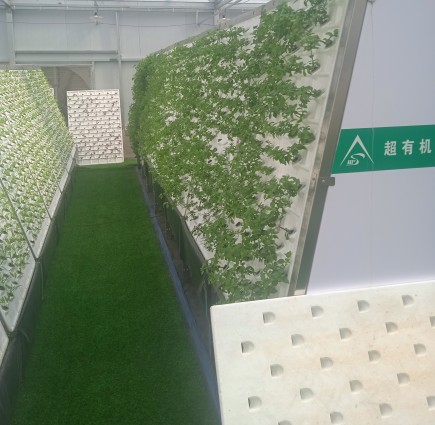
Reduce pest and chemical damage.
By cutting off opportunities for contact with soil, The vertical aeroponic tower farming avoids some soil pollution and invasion of pests. Without being harmed by diseases and pests, it does not require the use of chemicals to prevent and control them. This way, the produced vegetables have better quality and are truly green and pollution-free.
Reduce waste of water and soil resources.
The aeroponic culture method avoids the pollution of land resources by some chemical pesticides without soil planting.Vertical agriculture, especially those farms that use hydroponics and air culture, also uses much less water than traditional farms. Water can be recycled and there is almost no waste of water.
Through the above introduction, we can find that the new technology of system has great advantages compared to traditional agriculture. The vertical aeroponic tower farming has broad prospects for development in the future.


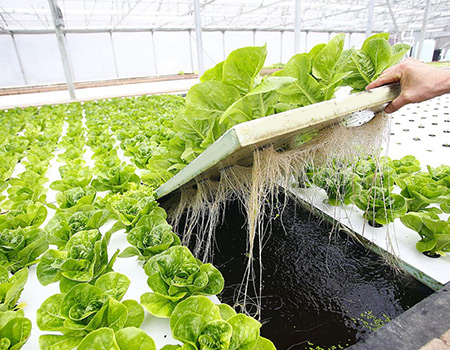
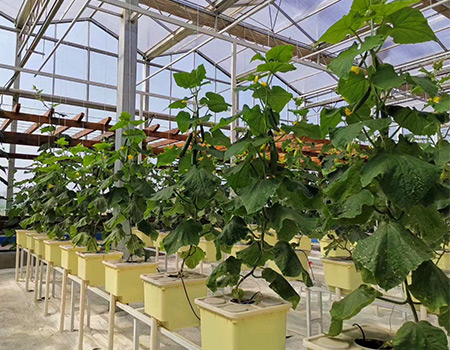
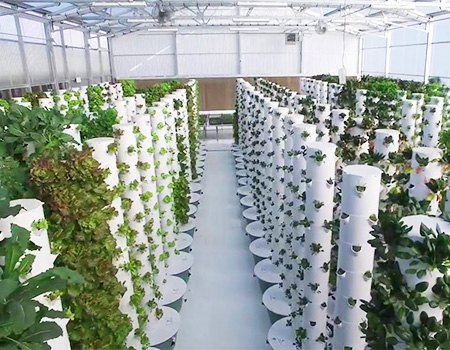
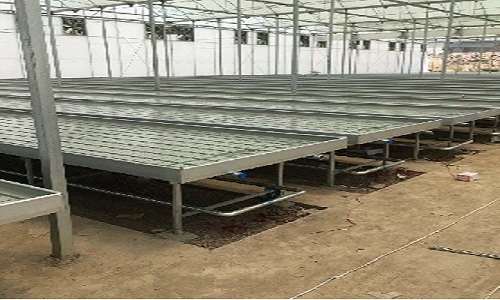
.jpg)
